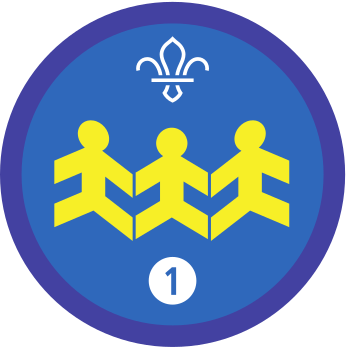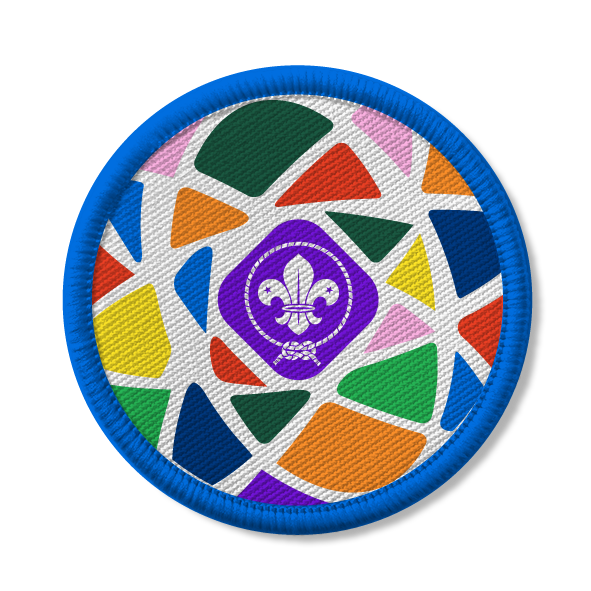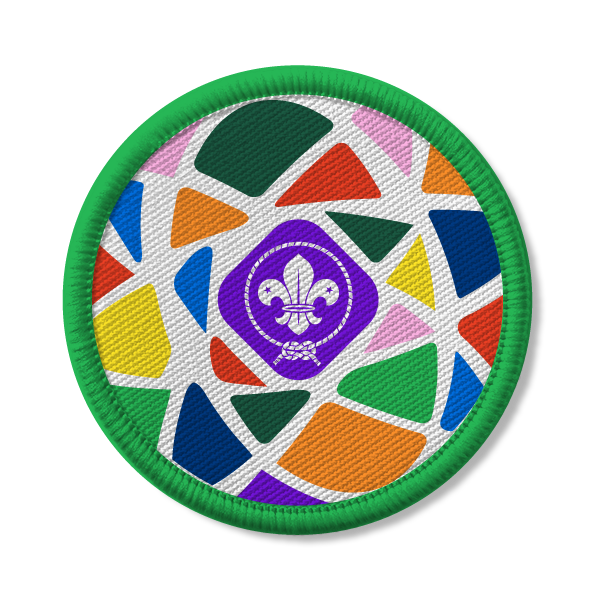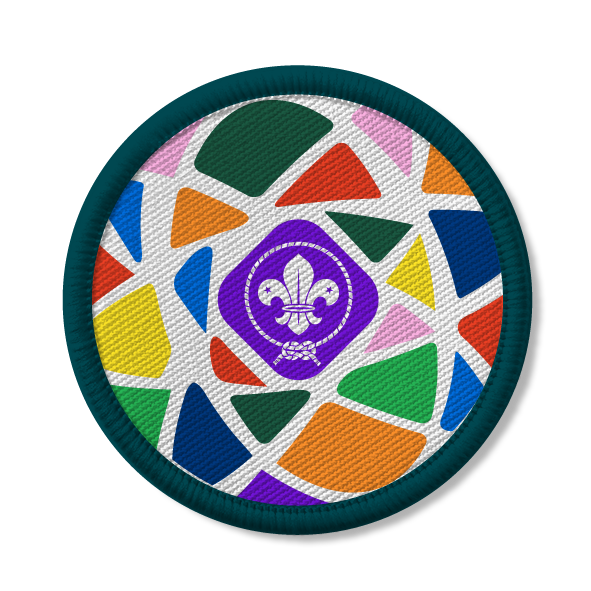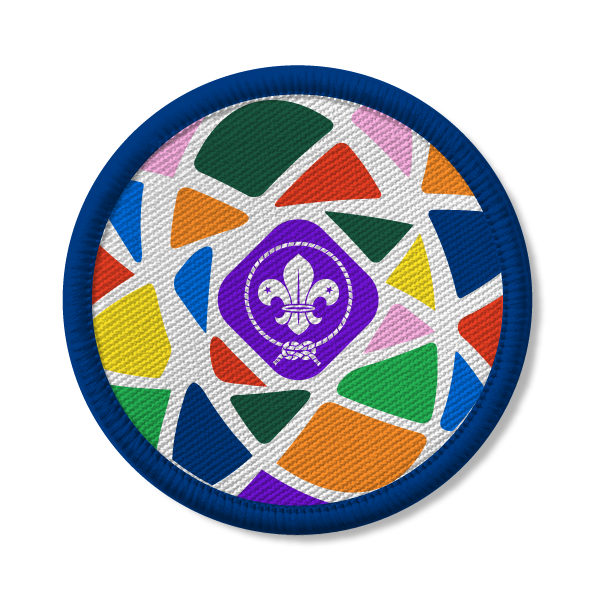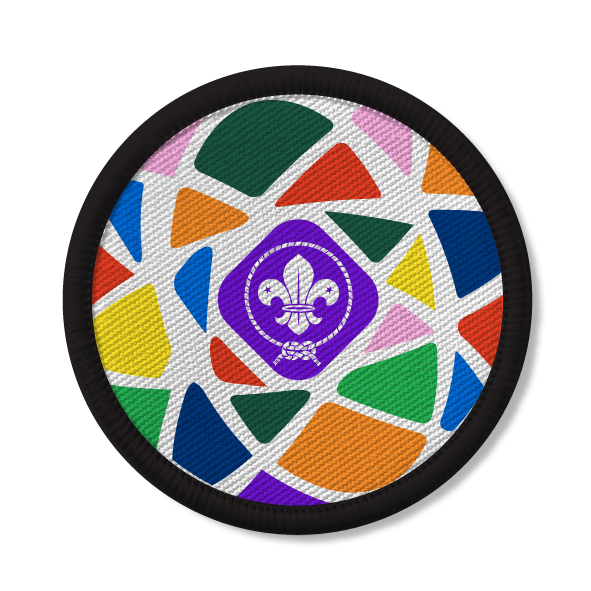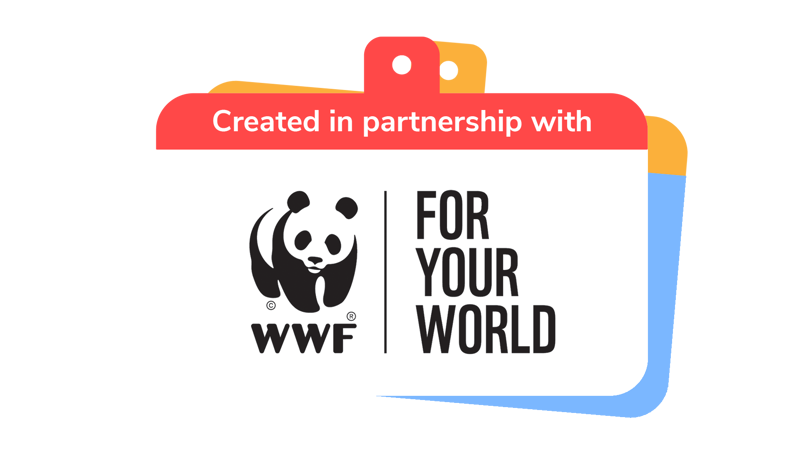
Spread the word with a community talk
You’ll need
- Pens or pencils
- A4 paper
Introduce speech writing
- The person leading the activity should ask if anyone can think of examples of speeches.
- The person leading the activity should explain that everyone will work together to write a speech that inspires people in their local community to take action to protect the planet.
- Everyone should think about what makes a great speech. The person leading the activity could write people’s answers down so people remember them.
Plan the speech
- Everyone should split into groups of two or three people.
- Each group should think of a personal story or hard-hitting fact to begin their speech.
- Each group should decide what they’ll say in the middle of their speech.
-
- What activities do they want to talk about?
- Can they find facts that support what they want to say?
- Could they tell people how being involved made them feel?
- Were there any interesting moments?
- Each group should choose how they’ll end their speech. It’s a good idea to include a challenge for the audience.
- Everyone should come back together and share their ideas.
Write the speech
- Everyone should decide whether they want to write a speech on their own or work in small groups.
- Each group should work together to pull all of their ideas into a speech.
- Once they’ve finished a first draft, the groups should practise reading it out and make any edits.
Invite people to your talk
- Everyone should choose a venue for their event.
- Everyone should decide who they’d like to invite: they may want to stick to friends and family, or they could branch out and invite members of the public or local decision makers.
- Everyone should work together to invite people and advertise the talk. It’s up to them how they do it – they could use social media or posters.
Host the talk
- Someone should welcome the guests and explain where the toilets and fire exits are.
- Once everyone’s settled, people should take it in turns to take centre stage and deliver their talks for change.

This activity helps contribute towards some of the UN's Sustainable Development Goals. Find out more about the SDGs, and how Scouts across the world are getting involved.
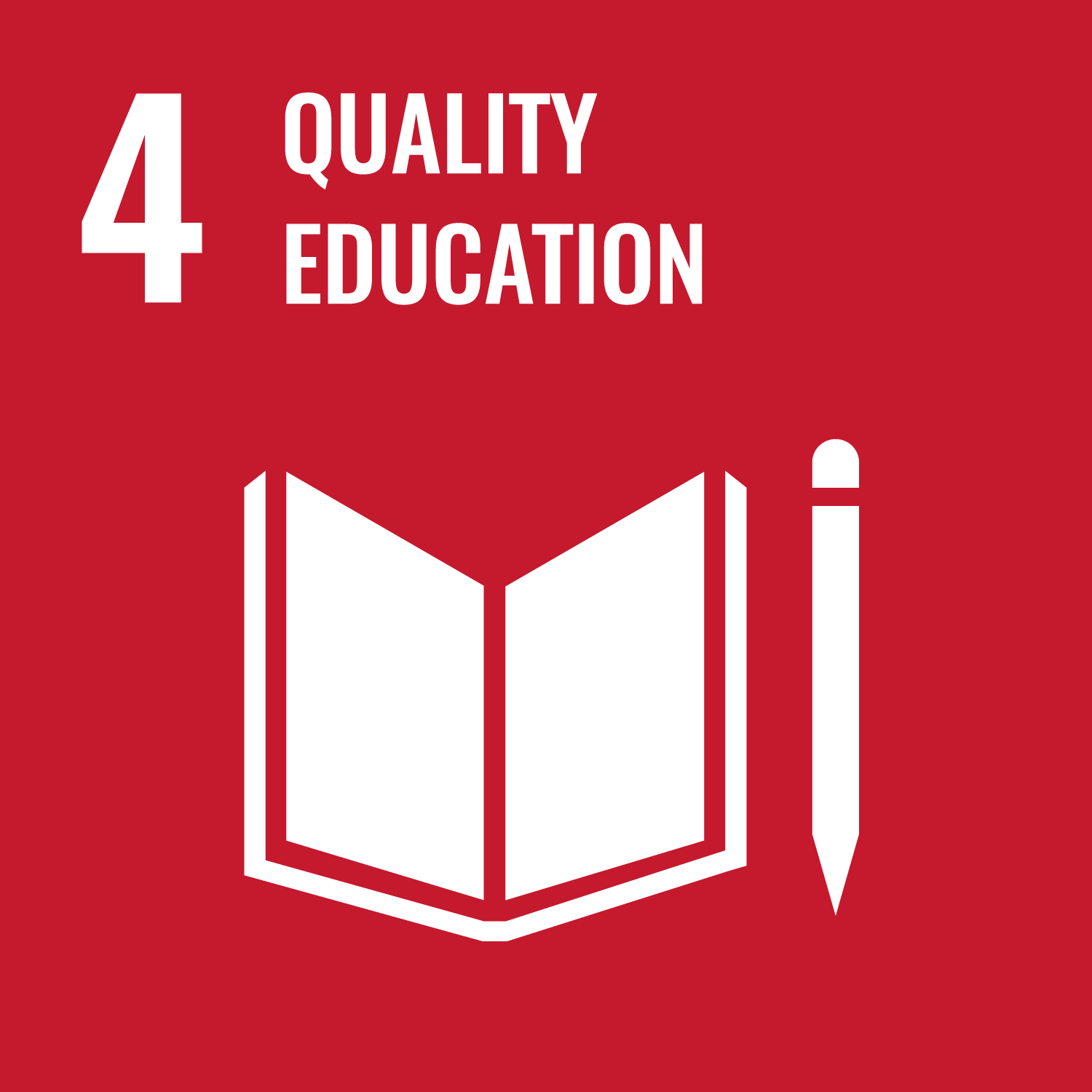
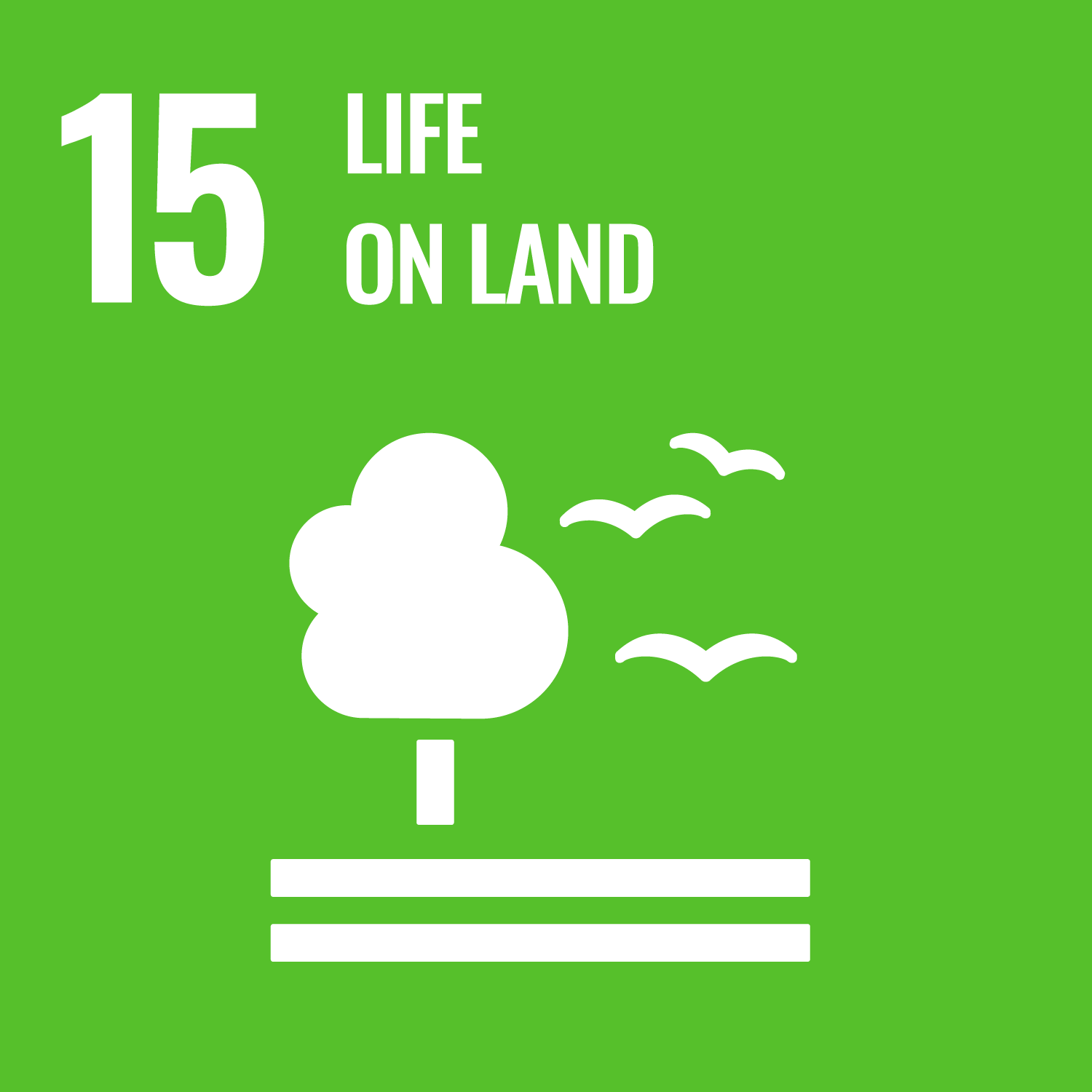
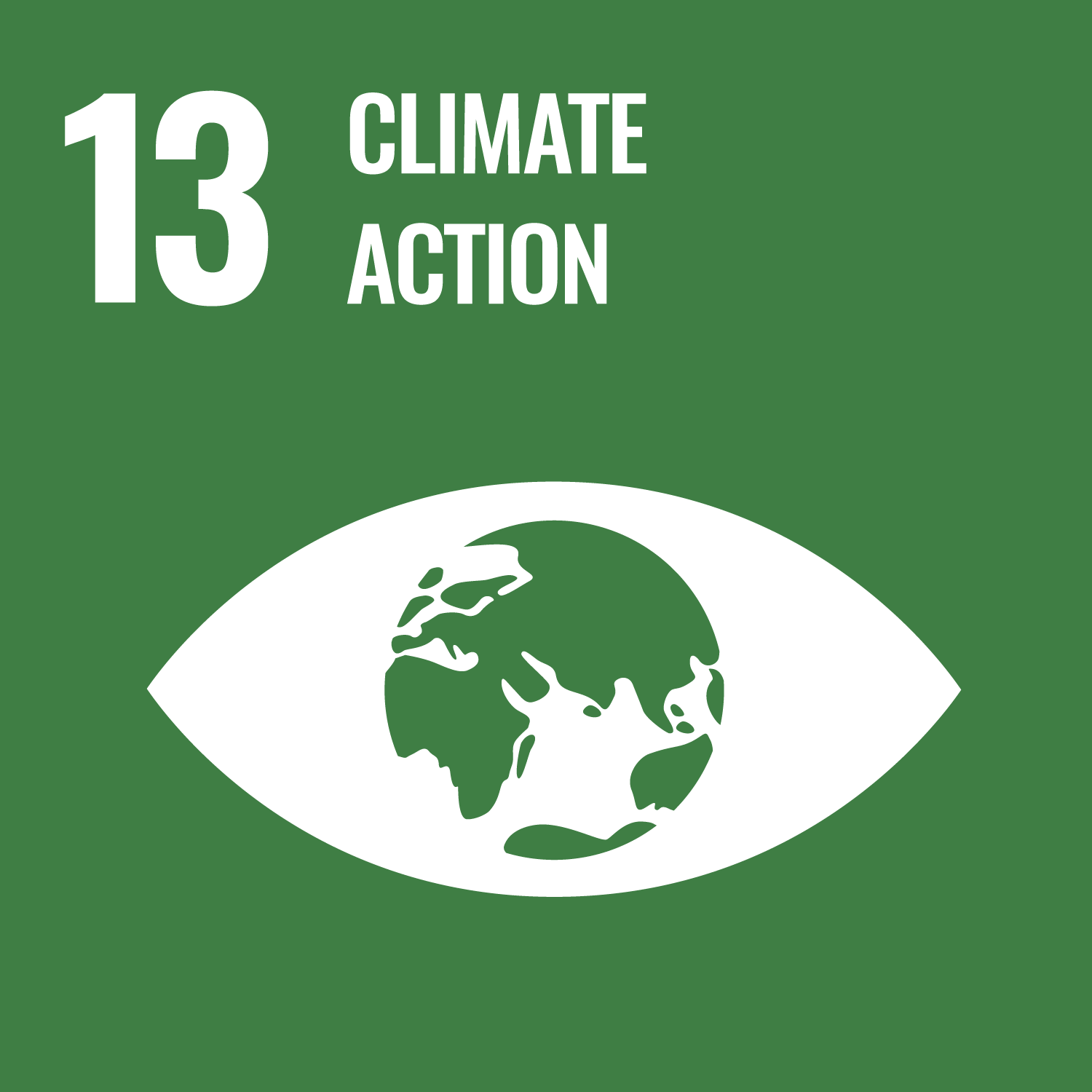
Reflection
This activity was all about communicating and helping your community. How could you share you are most proud of? Has all of your hard work helped to bring about change in your community?
Everyone used different techniques in their speeches. How did people make them inspiring? Was it easy to get their message across? Would they choose the same way of communicating if they did the activity again?
Safety
All activities must be safely managed. You must complete a thorough risk assessment and take appropriate steps to reduce risk. Use the safety checklist to help you plan and risk assess your activity. Always get approval for the activity, and have suitable supervision and an InTouch process.
- Online safety
Supervise young people when they’re online and give them advice about staying safe. Take a look at our online safety or bullying guidance. The NSPCC offers more advice and guidance, too. If you want to know more about specific social networks and games, Childnet has information and safety tips for apps. You can also report anything that’s worried you online to the Child Exploitation and Online Protection Command. As always, if you’ve got concerns about a young person’s welfare, including their online experiences, follow the Yellow Card to make a report.
- You could ask people to choose different themes for their speeches to keep it interesting. For example: The climate crisis, Plastic is not fantastic, Food for thought, and What is biodiversity?
- People could present their speeches as a group.
- Some groups may want to split the speech writing up further, so different people focus on the beginning, middle, and end. You’ll probably need to help the groups make sure their speech is coherent and makes sense as a whole!
- Not everyone has to take to the stage and deliver a speech. People could take part in writing the speeches, then take another role on the night. It’ll be important to have people checking people in and helping them to their seats, as well as organising the room, lighting, and any refreshments. An event’s not just about the performers.
- You could also film speeches to play on the night – some people may not be ready to perform live, but would be happy to record a speech so they can start again if they make a mistake.
- Make your event as accessible as possible: include information about wheelchair access, accessible toilets, and parking or transport links on your invites. Could you have transcripts of your speeches available? What about a quiet area that people can visit if they need a break?
All Scout activities should be inclusive and accessible.
You could use an external venue such as a town hall, library, or performing arts space so more people can attend.
Discover more at https://www.wwf.org.uk/
